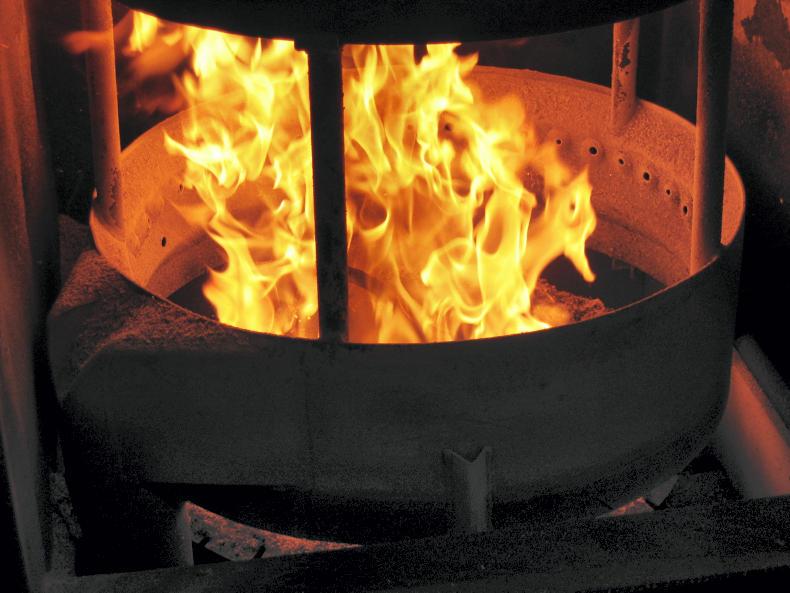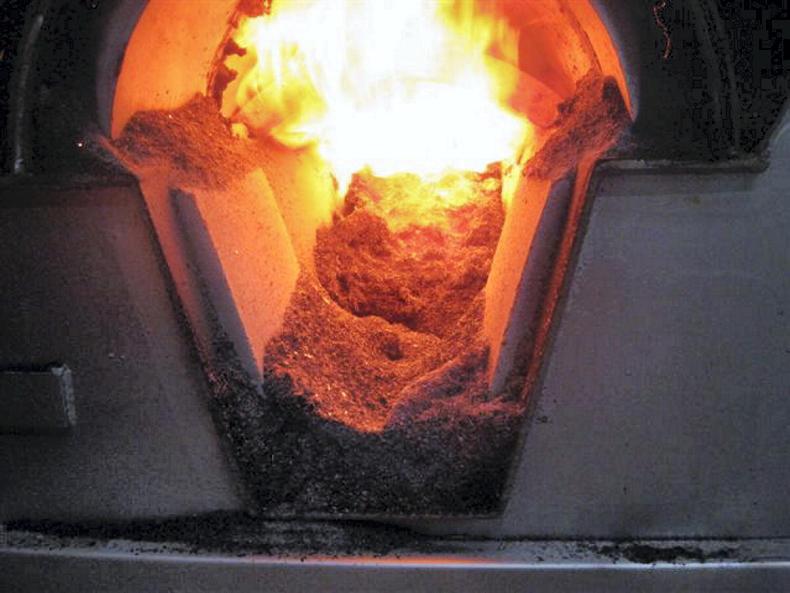The recent revelations around the renewable heat incentive (RHI) highlight some serious flaws in how the scheme has been managed by the Government since it was first introduced in 2012.
The flaws relate, in particular, to the lack of ongoing reviews and also the failure to act on concerns raised by a whistleblower in 2013, and again in 2014, who highlighted that the tariff rate was too generous.
However, the reality is that these whistleblower concerns probably come as no great surprise at the time. Given that the then Department of Enterprise, Trade and Investment (DETI) was facing a significant underspend in the scheme up to 2014/15 as it struggled to get potential applicants to switch from fossil fuels, there wasn’t much impetus to change the tariff then.
Where the scheme went badly wrong was the announcement in September 2015 that DETI intended to introduce a new tiered tariff and an overall cap on funding, but then taking until 18 November 2015 to put the changes into law. In the intervening period, the number of applications to the non-domestic scheme effectively doubled. This surge in applications meant that budget limits were exceeded and by February 2016 the RHI was closed for good. With British Treasury setting limits for its contribution to the scheme, Stormont has ended up with a £20m per year shortfall, which could last for up to 20 years.
What the scheme perhaps highlights more than anything else is the danger of Government setting arbitrary targets just to meet some politically motivated objective – in this case, to produce 10% of heat in NI from renewables by 2020. Yes, mistakes were made, but to suggest that it is somehow all part of a corrupt Government at Stormont is ridiculous.
For many farmers, particularly those in the poultry sector, the RHI has delivered significant and lasting benefits. However, no one can defend anyone abusing the spirit of the scheme by wasting heat just to get payments. With First Minister Arlene Foster announcing that all claimants will now be inspected, and Economy Minister Simon Hamilton talking about reducing future costs to Government, it is clear that the RHI faces much more scrutiny.









SHARING OPTIONS